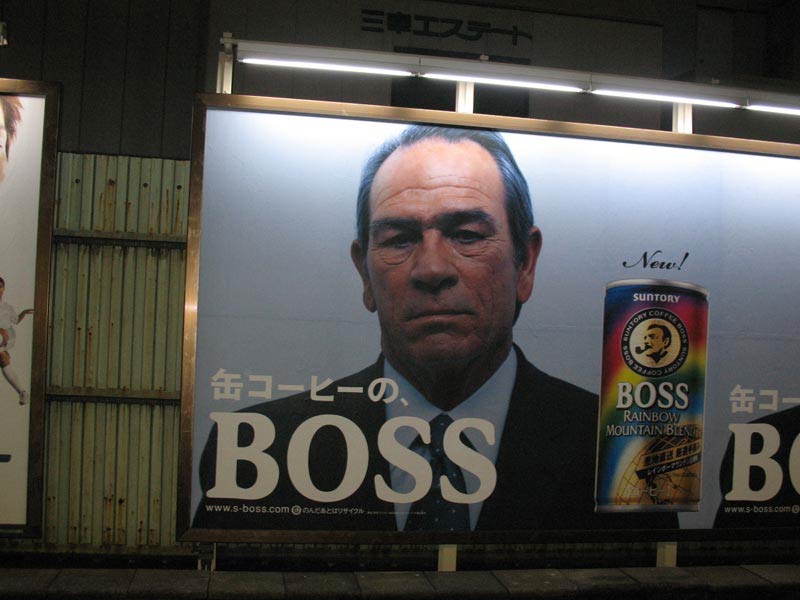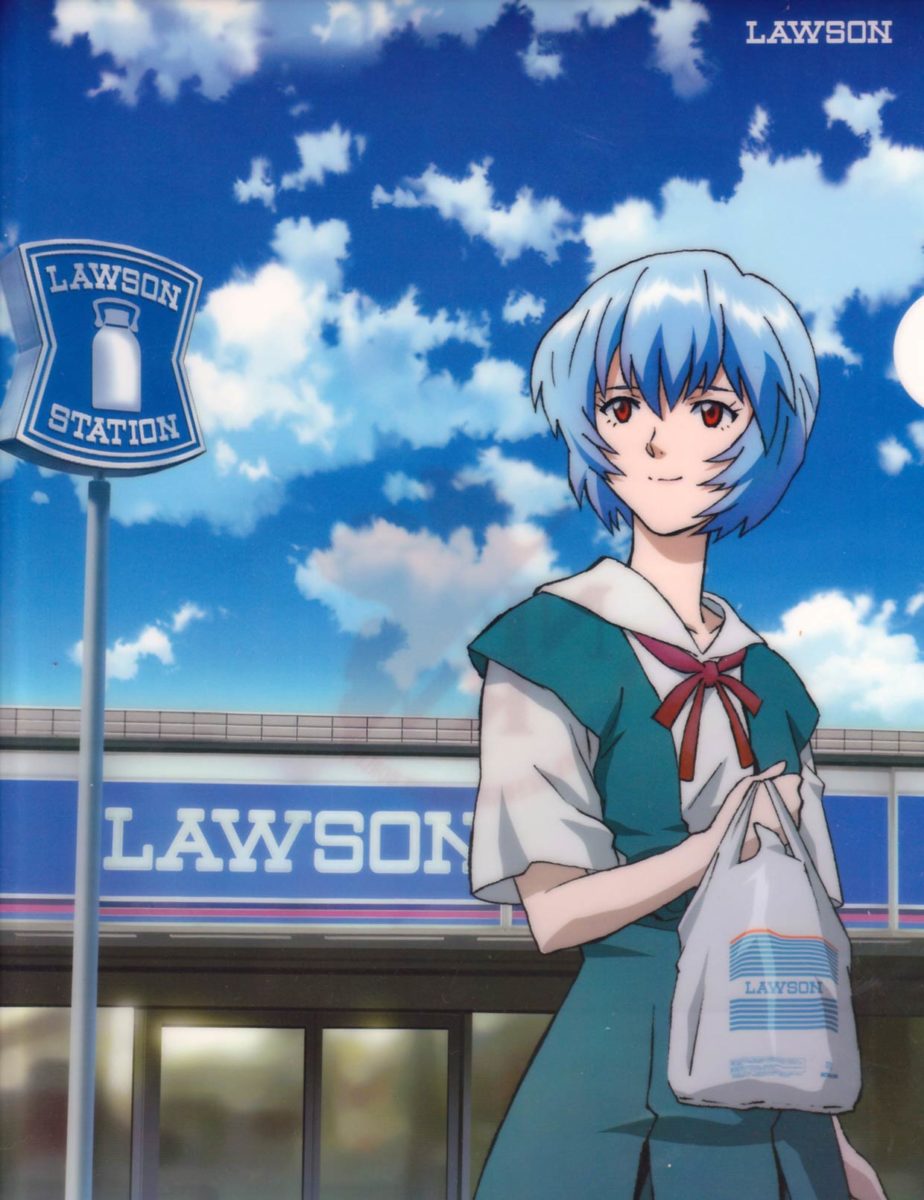Just as almost all aspects of modern European culture have their basis in Rome and Greece, much of Japan’s culture was based on Chinese elements, either imported directly or filtered through the Korean Peninsula. Many areas of Japanese life, from the architecture to the writing system to the structure of early government, originally hail from China. The Japanese pay a lot of attention to the principles of feng shui, and try to design homes and cities so that the layout will promote the flow of positive energy — the choice of Edo (Tokyo) as the national capital was made in part because it’s exactly northeast of Kyoto, which has a special meaning according to feng shui. The Japanese also follow eto, the Chinese sexagenary cycle, the complex system of twelve animals that cycle through each year — my wife and I were both born in the Year of the Monkey. Although the Japanese adopted the Western calendar in the Meiji Era, they still remember the Chinese New Year with Setsubun, on February 5, a day when Japanese kids throw beans at imaginary devils to chase them out of the house.
One thing about Japan: it’s a very seasonal place. Spring is beautiful with its short-lived cherry blossoms, summer is hot and humid with many festivals, fall is filled with crisp brown leaves, and winter is cold and frosty. I’ve met Japanese who tell me with great pride that, unlike America, Japan has four distinct seasons, and they enjoy every one of them — apparently these people haven’t ventured outside of Southern California. Japanese people tend to avoid being kisetsu-hazure (ki-SET-tsu ha-ZOO-ray), doing the wrong things for the wrong season. In an ESL textbook once there was a picture of a boy flying a kite in summer. But in Japan, flying traditional kites (tako) is nearly always done around New Year’s Day, so my students were amazed at the picture.
Japan’s tendency to be very seasonal extends to other aspects of daily life. Swimsuits are sold in the summer months, and calendars sold at the end of the year — don’t even bother trying to find something that’s out of season, it won’t be available. When fruits are in season, they’re ripe and delicious, but since Japan doesn’t import much fruit from other parts of the world like America does, when something is out of season it’s not available for love or money. Strawberries are in season in Japan now, but they won’t be for long, so last weekend we took the kids to a place in the mountains where you can eat as many strawberries off the vine as you want for $8 per person. They were delicious.















